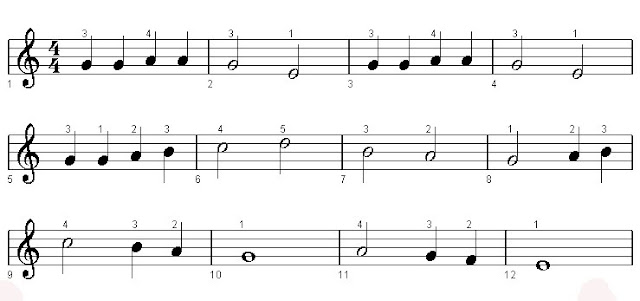KoLL, Bonfiglio, & nat- derivatives.
The Knowledge of language and life in the UK guidance, "published for home office staff on 15th December 2015"is where I need to be reading next. A quick skim tells me that refugees looking for ILR don't have to take the tests, but that means applicants for citizenship do. Interesting distinction between the person who gets ILR but (perhaps) waits in hope that things back home improve, and the person who says, "I'm never going back there to live again, no matter what; this is my home now."
So it's not as oppressive as I'd at first thought. Unless a refugee with ILR is in limbo - they don't need to do the KoLL, but they won't get the benefits of citizenship. So this is the arena I'm moving into, that distinction between ILRs and Citizens, and what that actually means, what it feels like, and why anyone would choose to be an ILR.
NB: This blog is quite interesting on the topic of doing the KoLL in Welsh. Will look at figures for L1s in the UK, how many Welsh, English, Scots Gaelic, Irish, Bengali (& all the languages of the sub-continent), & other languages. Seem to keep coming back to Bonfiglio, and his discussion of "mother tongues" and "native speech", v "L1" & "L2".
Consider qualitative data from new Scots, "why did you want to become a citizen?" Nativity, national, naturalised...
Bonfiglio, T. (2010). Mother tongues and nations. Berlin: De Gruyter Mouton.
So it's not as oppressive as I'd at first thought. Unless a refugee with ILR is in limbo - they don't need to do the KoLL, but they won't get the benefits of citizenship. So this is the arena I'm moving into, that distinction between ILRs and Citizens, and what that actually means, what it feels like, and why anyone would choose to be an ILR.
NB: This blog is quite interesting on the topic of doing the KoLL in Welsh. Will look at figures for L1s in the UK, how many Welsh, English, Scots Gaelic, Irish, Bengali (& all the languages of the sub-continent), & other languages. Seem to keep coming back to Bonfiglio, and his discussion of "mother tongues" and "native speech", v "L1" & "L2".
Consider qualitative data from new Scots, "why did you want to become a citizen?" Nativity, national, naturalised...
Bonfiglio, T. (2010). Mother tongues and nations. Berlin: De Gruyter Mouton.


Comments
Post a Comment